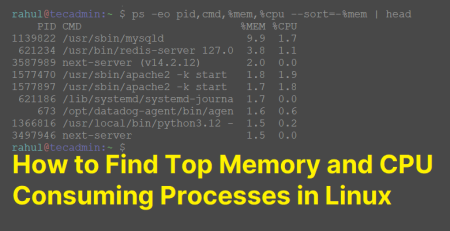Introduction
In the world of networking and system administration, the /etc/hosts file plays a crucial yet often overlooked role. This simple text file, found in both Unix and Unix-like operating systems, is integral for controlling how a computer resolves hostnames into IP addresses. In this article, we’ll explore the /etc/hosts file, delving into its purpose, structure, and practical applications for both beginners and seasoned professionals.
Understanding the /etc/hosts File
A) What is the /etc/hosts File?
The /etc/hosts file is a plain text file used by an operating system to map hostnames to IP addresses. When you type a web address in your browser, your computer first checks the /etc/hosts file to resolve the hostname into an IP address. If the hostname is not found in this file, your system will then query the configured DNS (Domain Name System) servers.
B) The Structure of the File
A typical entry in the /etc/hosts file follows a simple format:
<IP-address> <hostname> []
- IP-address: The IP address associated with the hostname.
- Hostname: The domain name that will be mapped to the IP address.
- Alias (optional): A nickname or shorthand for the hostname.
C) Historical Context
Originally, the /etc/hosts file was the primary method for translating hostnames into IP addresses, before the advent of DNS. In modern systems, it often serves as a supplementary tool for hostname resolution, especially useful in local networks and for testing purposes.
Practical Applications
A) Local Testing and Development
Web developers often use the /etc/hosts file to test their websites locally before deploying them to a live server. By mapping the domain name of the site to the local IP address (127.0.0.1), they can simulate how the site would behave on a live server.
B) Network Configuration and Troubleshooting
Network administrators might use the /etc/hosts file to:
- Override DNS settings for specific hostnames.
- Block access to unwanted websites by mapping hostnames to a non-routable IP address (such as 0.0.0.0).
0.0.0.0 example.com www.example.com - Resolve names in a small network without setting up a DNS server.
C) Security Implications
While the /etc/hosts file can be a powerful tool, it also has security implications. Malware can modify this file to redirect users to malicious sites. Therefore, understanding and monitoring changes to this file is crucial for system security.
Editing the /etc/hosts File
A) How to Edit
To edit the /etc/hosts file:
- Open a terminal.
- Use a text editor like nano or vi with superuser privileges. For example:
sudo nano /etc/hosts - Make your changes and save the file.
B) Best Practices
- Always back up the original file before making changes.
- Comment your changes for future reference.
- Use tabs or spaces to separate the IP address from the hostname.
- Ensure that your changes do not conflict with existing DNS configurations.
Conclusion
The /etc/hosts file, while simple, is a powerful tool in network configuration, development testing, and more. Whether you’re a beginner learning about network configurations or a professional managing complex systems, understanding the /etc/hosts file is essential. By mastering its usage, you can effectively control how your system interprets network addresses, improving both functionality and security.

